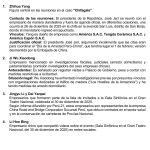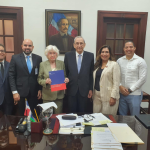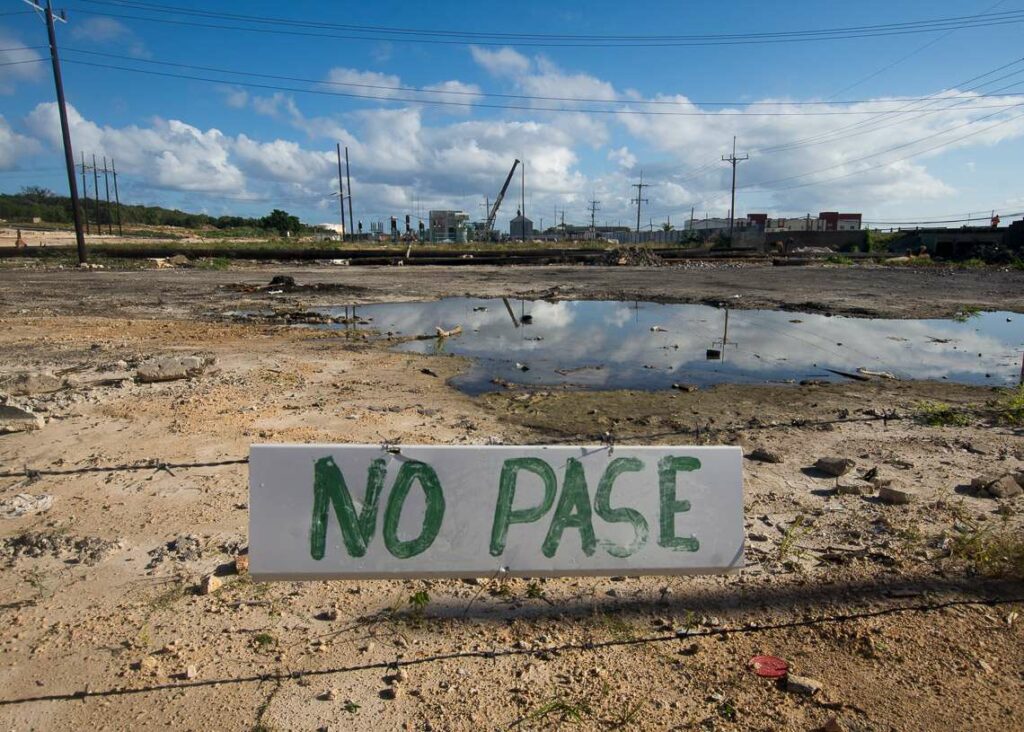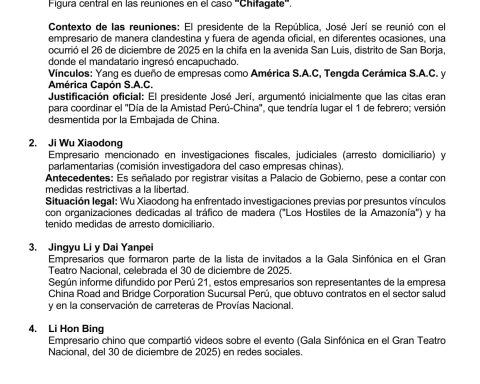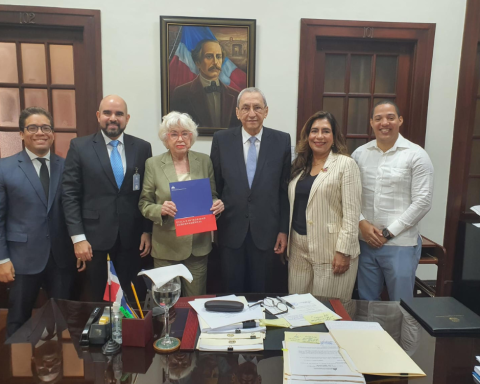The covid-19 pandemic was a before and after in Latin America and the Caribbean, eroding current fiscal frameworkss of the countries while the governments in power juggled to meet the social needs of the population.
(Read: Victims receive 10 million dollars in paramilitary assets).
Although during 2021, thanks to the post-pandemic recovery, some of the tax conditions returned to their original course, This was not the norm for the vast majority of countries that, in the current 2022, still find it difficult to make the necessary adjustments, due to the complex macroeconomic situations that the world is experiencing.
“The reduction of the fiscal deficit raises questions in most countries, as it is not able to recompose the situation prior to the emergency and respond, in addition to the short-term recovery of public revenue, to the gradual withdrawal of fiscal stimuli and financial support programs for the families”, pointed out the Economic Commission for Latin America and the Caribbean (Cepal).
In order with these ideas, The economic body presented a new report that studies the situation prior to the pandemicits impact on fiscal accounts and designs a series of recommendations on how countries should restructure their containment systems in line with current challenges.
“Once this emergency is over, the possibility of returning to the situation prior to the pandemic will remain open or, instead, of taking advantage of the unique opportunity to face a reformulation of the current fiscal institutional framework in light of the new experiences. It must be taken into account that there is no single and universally virtuous design in terms of fiscal rules.”, the entity continued in the document.
(Also: Nobel Prize in Economics warns about the urgency of regulating shadow banking).
Thus, ECLAC presented a series of recommendations to countries to restructure their fiscal frameworks. These are based on three premises: improve rule design and implementation; consider its articulation with some features of the prevailing fiscal frameworks in each particular case, and complement and underpin the reform processes themselves in the new domestic and international context.
The first axis, which consists of the design and effective application of these fiscal rules, deals with five points, in which it is highlighted that the simplicity, clarity and transparency of the same should be prioritized, as well as the escape and recovery clauses when problems arise.
“SAlthough it has been confirmed, especially with the covid-19 pandemic, that the duration of this exception is difficult to predict, it is also convenient to establish the institutional mechanisms that should be considered in each case to define the return path to compliance with the rules”, explained the entity in the document.
Next, the second axis of action is leveraged in the articulation and operation of the rules within existing fiscal frameworks.
Within this section it is recommended strengthen the role of independent fiscal councils, “pointing to its technical capacity, favoring its integration with prominent experts and with certain legal guarantees that protect its independence and the objectivity of its recommendations and fiscal projections with respect to political cycles and different pressure groups.”
(In addition: This is how the country went when the minimum rose more and less than inflation).
Now, the third axis is more related to the adaptability of fiscal rules within the new contexts.
Among these, ECLAC mentioned that “it is time” to advance in the election and the specific design of the fiscal rules of the future, those that are linked to the 2030 Agenda, which outlines the guidelines of public policies. For example, against this, sovereign wealth funds could address the SDGs.
BRIEFCASE






